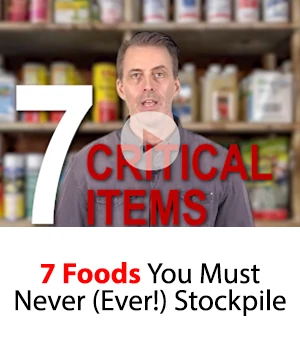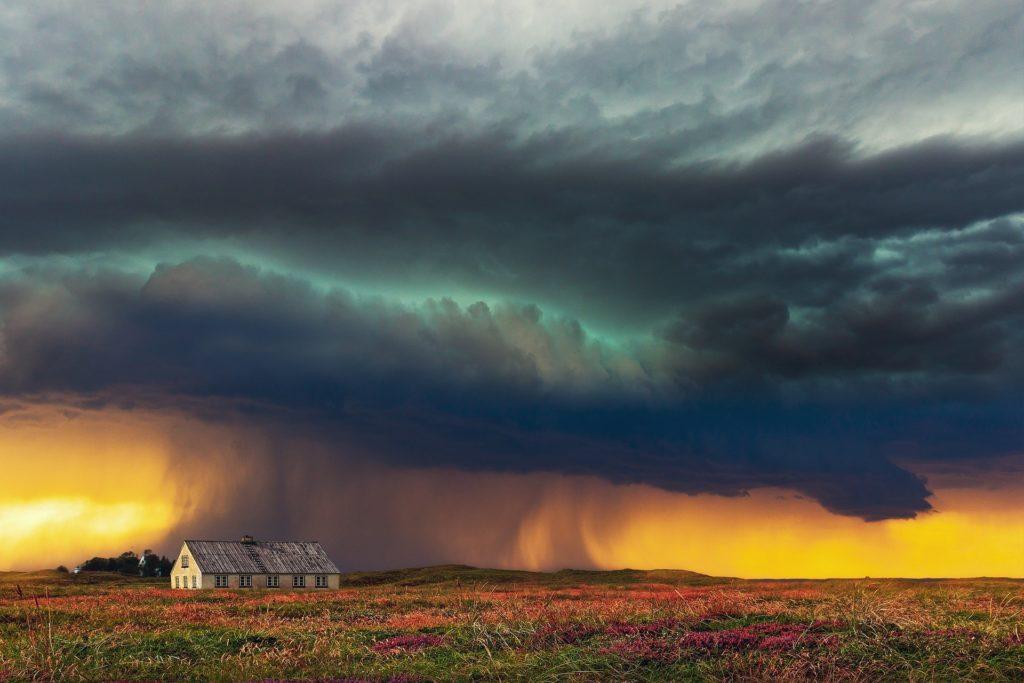
Starting to live off-grid can be daunting. It’s almost as if you are cutting yourself off from the rest of civilization (which it is in many ways). You must also have a million questions and concerns running through your mind about how to live off the grid with no money, how to provide your own food, and just queries about off-grid living in general.
Don’t worry, we’ll put your mind at ease and answer all your questions about living 0ff-grid and give you tips on how to get started.
Top 10 Preparations for Living Off-Grid
Understand What Off-Grid Living is All About
You can’t in a good sense commit to something without understanding what it entails. Our top tip is to learn everything you can with available resources about living off-grid. Off-grid living has a self-sufficient undertone, meaning you will be at least partially self-reliant. It’s not easy to go from having power with the flip of a switch to generating your own electricity or switching to solar power.
Yes, off-grid living could help you to save money, but not if you don’t know what you’re doing. There are books, courses, videos, webinars, seminars, and even coaching sessions available to get your off-grid homestead ready.
You can even try to adopt some of those skills even before you move completely off-grid. See how you like it by making small changes such as using more solar or wind power or planting your own veggie garden. Take small steps to give you a better idea of what the bigger picture will look like.
Find a Good Location
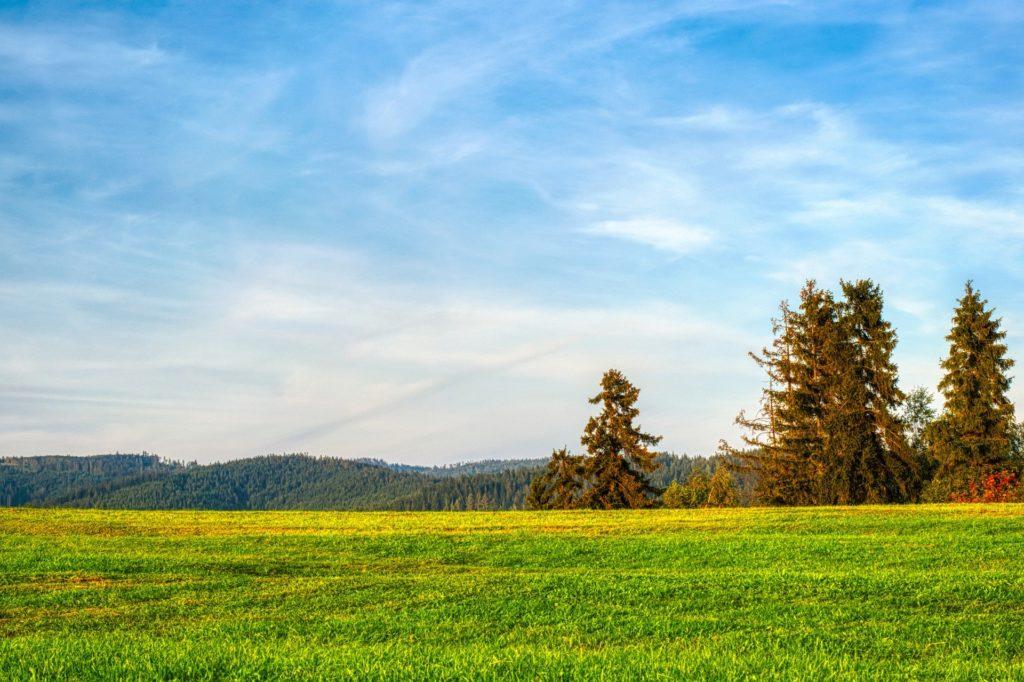
There are many things to consider when you’re looking at where to live off-grid. Are you setting up somewhere in a rural area, or do you just plan to live partially off-grid and closer to a town? There may be free land you can find but building a residence on top of it will definitely cost you. This all depends on where you decide to settle.
Consider what you want to do when you’re loving off-grid. Are you planning to provide your own food by growing crops and tending to livestock? Because the climate and soil conditions will matter if your answer is yes. Where you decide to live will determine the cost of living an off-grid life – so choose wisely.
An Off-Grid Cabin, RV, or Homestead?
The next consideration is your shelter. Do you plan on building a residence from scratch or just purchasing land that already has a cabin? If you decide to build a place, you shouldn’t leave your current residence yet unless you plan on setting up a temporary shelter until your home is built.
Do you want to build a simple cabin, a tiny house, or a large homestead? How large will the residence need to be? Think about how many people you plan to house. The building materials can also influence the cost as will the size. A tiny home on off-grid land will be considerably cheaper than a sprawling estate. We do not recommend cutting corners on the building materials because it will come to bite you in the butt down the line.
Even if you choose to purchase land with an existing home, you will still need to consider the down payment, which can be a hefty sum in itself.
Electricity and Plumbing for Your Off-Grid Lifestyle
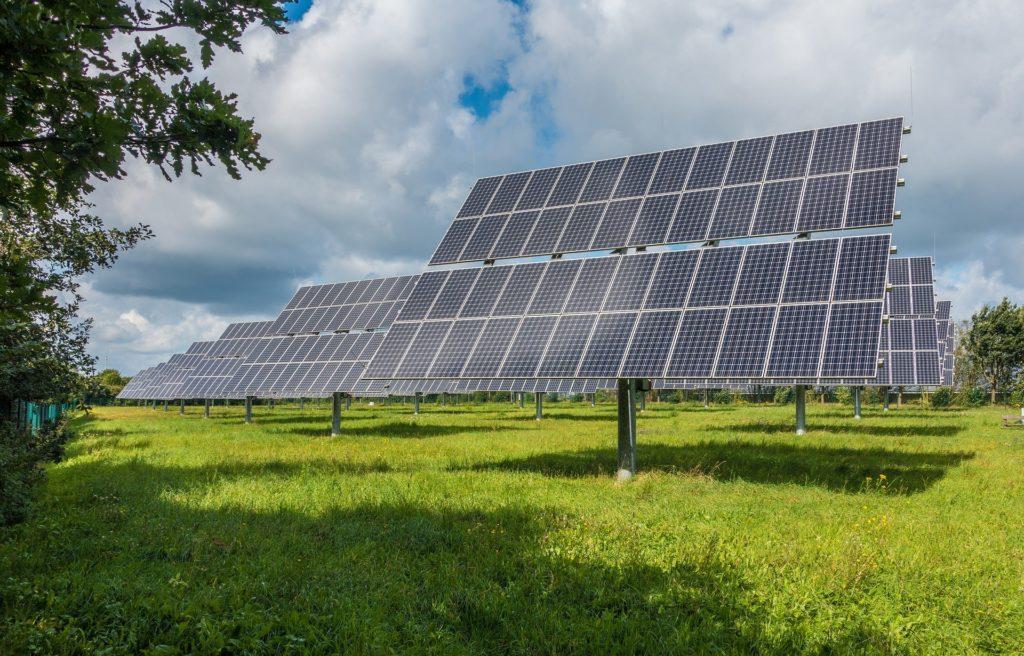
This is where the full definition of off-grid living comes into play. How will you provide electricity, hydro, and plumbing? You have to abide by the off-grid community rules and that may include sharing a solar power system with the rest of the residents, which isn’t optional.
If you have the luxury of deciding on how to provide power to your own home, the difficult part is determining which type is best. You can choose from wind, solar, water, and generator power to name a few. Sometimes you won’t have a choice depending on the location you select, but we do find a small solar power system to be one of the most efficient.
For example, hydropower would only work if you live close to a water source, and wind power is recommended only in windy areas.
Water can come from a variety of sources. You can dig a well, or pump from a body of water nearby. If none of the two are feasible options, then you may have to settle for water delivery. Remember to factor the method you choose into the cost of your overall off-grid life transition.
How Will You Provide Your Own Food?
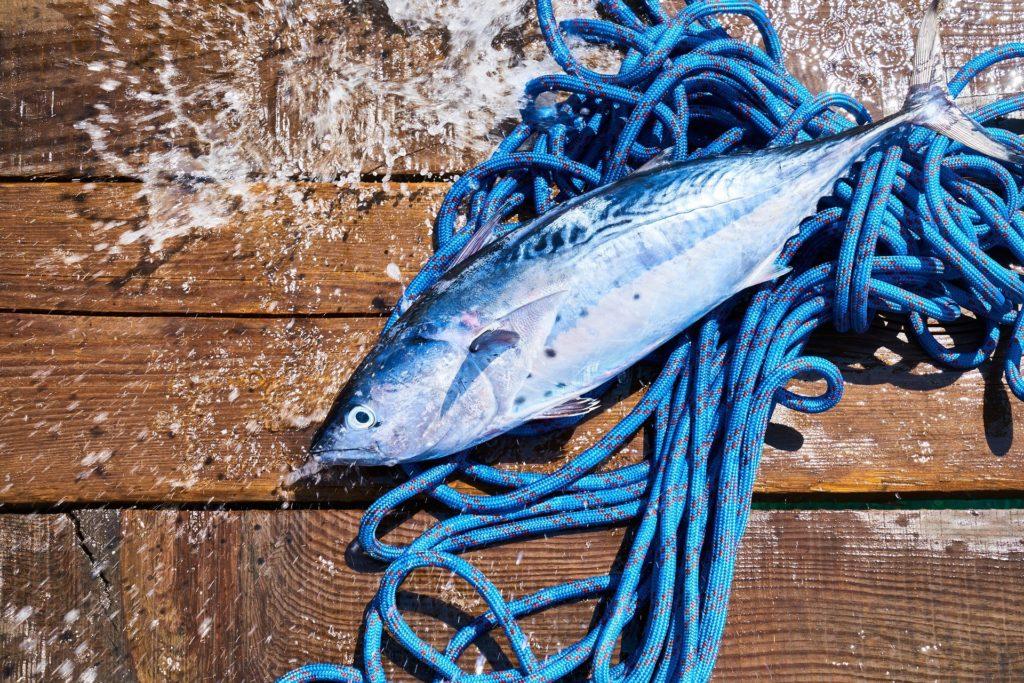
The next most important thing is food. Sure, you can still pop down to your local supermarket for a grocery run if you live close enough to a town, but for those that want to be completely self-sufficient, you may need to learn how to trap, fish and hunt, or to raise your own livestock.
In order to provide food for yourself, you have to learn the skills to do it, purchase the right tools and equipment needed, and you may even need the proper licensing to carry it out. These are all things to look into and costs to consider.
Keep in mind that all of this will take time to do, and off-grid life isn’t an overnight transition. We do have a tip that can help keep you fed until you master your hunting skills, and that is preserving food. Learn how to preserve food to extend its shelf life and keep you fed without relying on outside sources.
Establish Revenue Streams
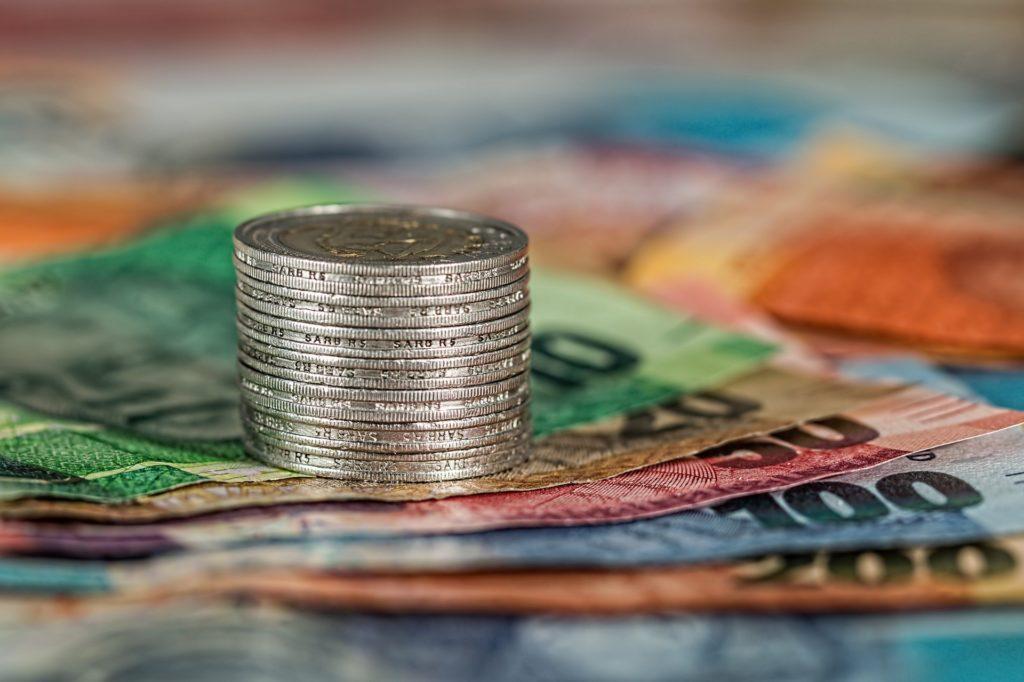
How will you make your money while living off the grid? If you’re making this big change after retirement, then living on your pension or passive income could get you by. However, if you’re not quite at that stage in life, then you may have to think about how to make money.
You could sell your existing property and if there is some money left over, that could be put towards lucrative investments. Otherwise, might have to rely on agriculture for income. With remote work in abundance these days, you can also find work online and be paid that way. Open up your home as a bed and breakfast or Airbnb or find a job in a nearby town.
Even if you plan on being completely self-sufficient, there is still a good chance you’ll need money in case of an emergency and for necessities.
Learn Basic Skills
After coming up with answers for the previous categories, you should now take steps to make them happen. One of the most crucial courses to take is basic first aid. In general, off-grid communities don’t always have quick access to a hospital or a clinic. If you’re injured on the job or feeling under the weather, you want to be able to take care of yourself (at least until you get to a hospital).
Then think about hunting, fishing and trapping courses, and maybe pepper that with an intro to mechanics course, gardening and carpentry. It could take anywhere from a few hundred dollars to a few thousand dollars, but the skills you acquire by investing in yourself are priceless.
Make Friends
Get out there and make friends with your neighbors and those who share an affinity with you on sustainable living. People who are already living the off-grid life will have tips and wisdom to share that they have gained through experience. Not only that, but you need to count on all the help you can get when you’re living in a rural area.
Get Physically Ready
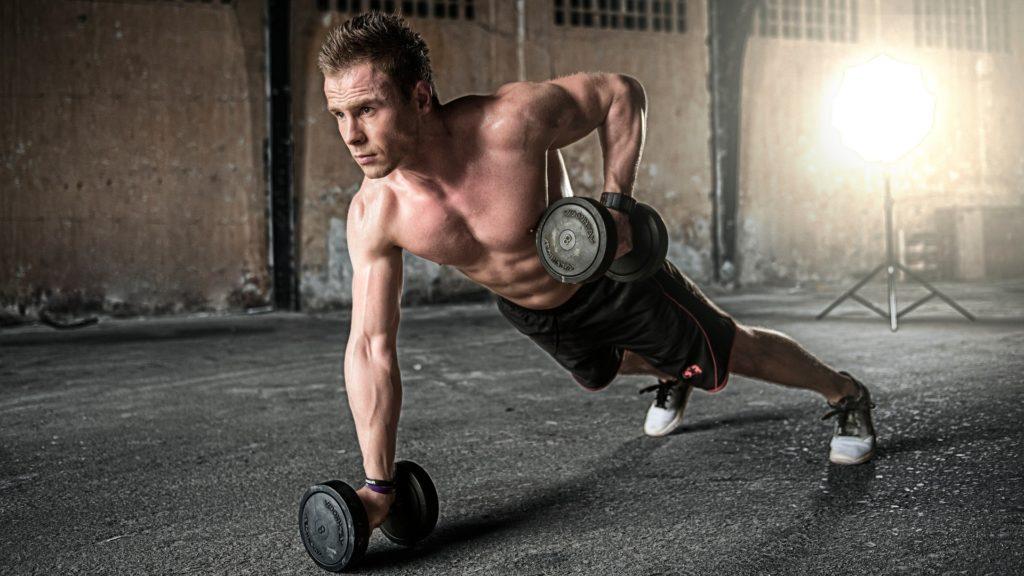
Daily physical labor required to operate a homestead and maintain your off-the-grid life will naturally give you a stronger physique, but it doesn’t hurt to get prepared beforehand. Put in the work and time at the gym and also think about participating in other activities such as climbing and hiking.
Create a Checklist
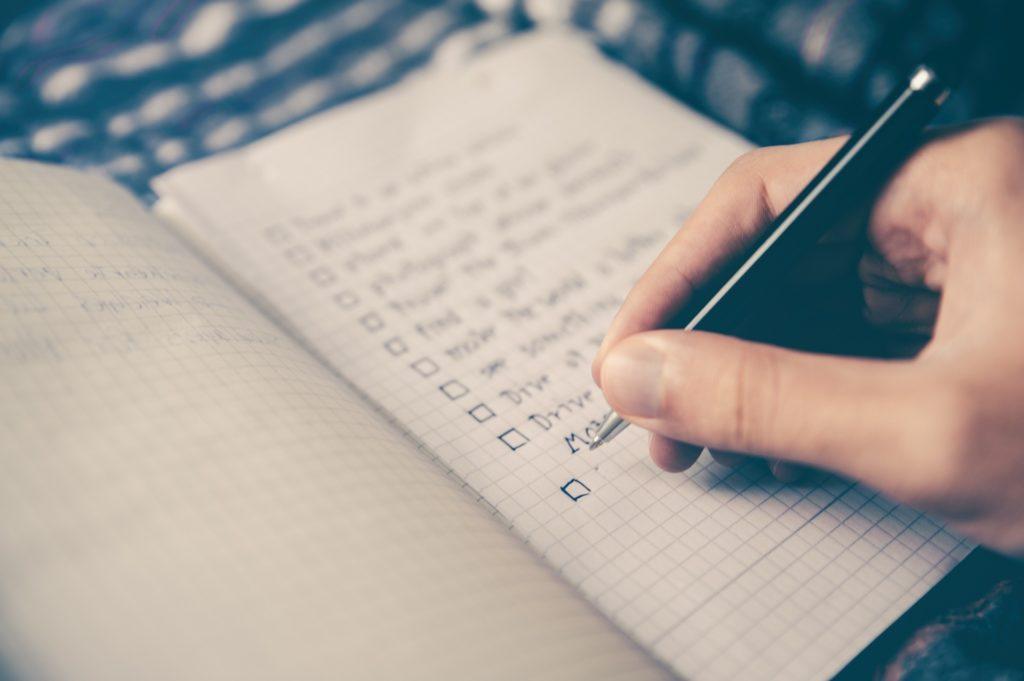
The last step will set you up for your eventual move. Create a checklist that clearly outlines what needs to be done and what you need to get. It helps to organize the items in priority of importance, cost and necessity.
How to Live Off the Grid with No Money
You don’t need money to get started. It doesn’t cost you anything to start planning. Once you have a checklist organized, you can see how much you can do in preparation for your new lifestyle without any cash. You can slowly fund the rest of the items when cash flow isn’t as tight. After all, living off-the-grid isn’t a quick transition. In fact, it can take months or even years.
Final Thoughts
Your new life off the grid is closer than you think. You might not need to have a huge chunk of cash prepared to start. With the help of our top 10 tips above, you can start the gradual move to self-sustainability in no time.


